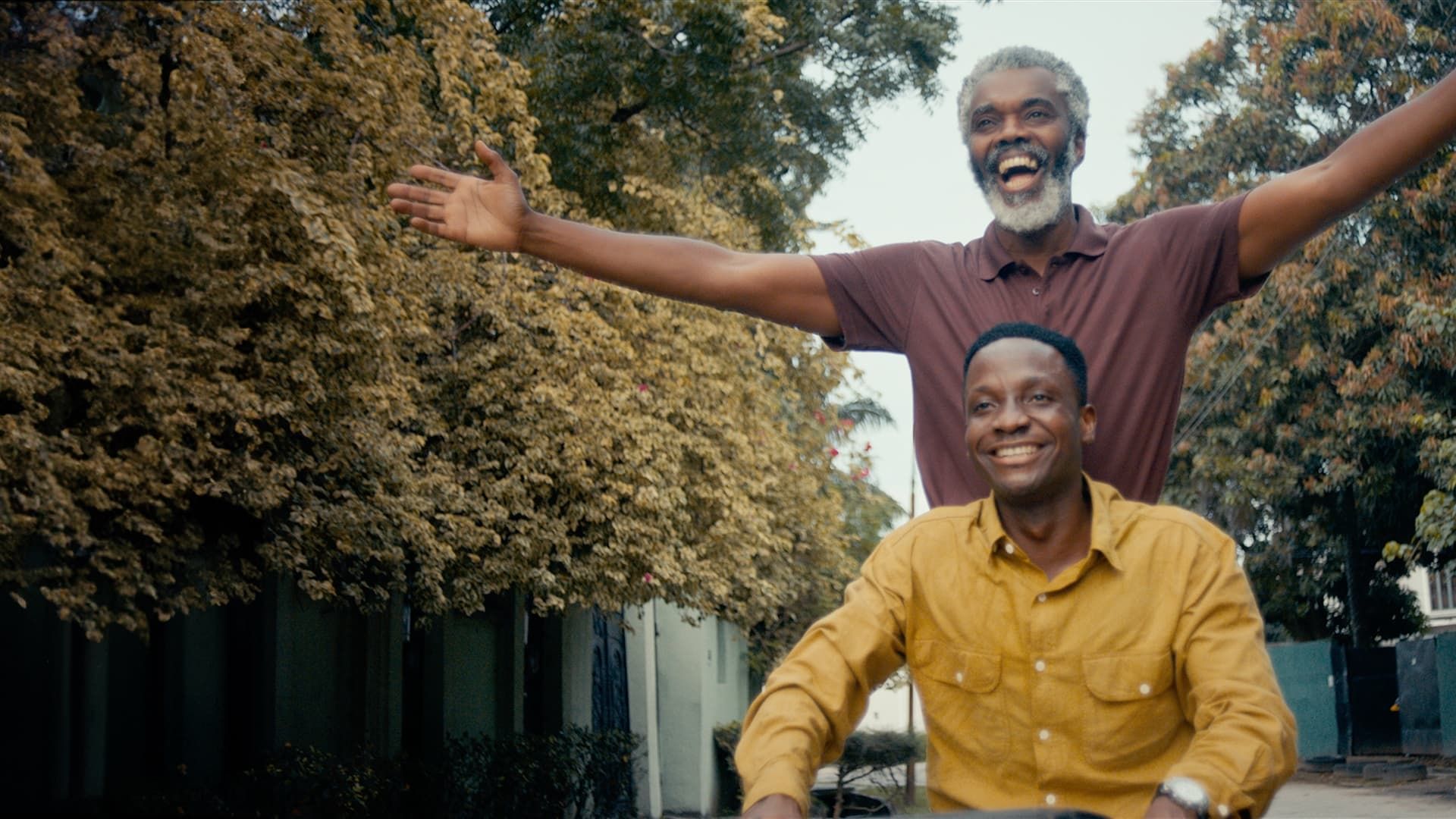SPOILER-FREE
The White Tiger is a movie I was not really looking forward to. It wasn’t part of my to-watch list. I was trapped in a coop because of Priyanka Chopra (played Pinky in the movie). I didn’t check the movie genre box; my assumption was that “oh, it was just going to be another Hollywood movie which Priyanka would be starring in”. If I knew it was a Bollywood movie, I would never have picked it from our movie calendar (yeah, we do have a movie calendar; a kind of way of saying ‘pick your poison’). Well, I’ve picked my poison, but is it worth it? Oh well, let’s see.

The movie is an adaptation of the Booker Prize winning novel by Aravind Adiga and it was produced and directed by Ramin Bahrani. It is a gritty drama that depicts class inequality in India using Balram Halwai (played by Adarsh Gourav) to tell his tale. It is a story of the haves and have-nots, the struggle between penury and affluence and the dubious path people will take to rise above others in the society. While some are extremely rich, others are poor thus creating the India of Darkness and the India of Light. A metaphorical statement used by the narrator, Balram Halwai; the India of Darkness supposedly portrays the hopeless, impoverished and penurious part of India while the India of Light is for the elite and rich part of India. Balram, whose family lived in penury—his father was a rickshaw puller, who died of tuberculosis and his granny owns a small tea shop in their little village, Laxmangarh, which is managed by a greedy landlord, the Stork, who ripped the village of the little they have.

The other predominant characters are Pinky and Ashok (played by Rajkummar Rao). Ashok, the youngest son of the landlord and his wife Pinky who both lived for a very long time overseas before coming to India to help with Ashok’s family coal business. The movie has two openings, both of them very surprising. In Delhi 2007, a car driven by Pinky (Priyanka Chopra) who seems drunk and dangerously speeding down the road, when the car supposedly hits a child. Then, opening two: Bangalore 2010, which shows the world of a man, Balram Halwai who was the driver of the young and rich Ashok, the landlord’s son, who seems to be his own man and is now living large or so it appears.

Related:
- Netflix Hits a New Landmark in the World of Streaming Services
- Netflix vs Porn Sites: The Circulation of Bridgerton Sex Scenes
The movie has a complicated plot. It depicts the story of how Balram got to where he is and also the reasons why his face is plastered on the wanted posters throughout the country. The White Tiger, an animal which is seen once in a generation is used as a symbolic figure of not only hierarchy but rarity. The movie sums up the ironclad power the higher class possess in India to strong effect. The White Tiger is Balram Halwai, who is an exception, a rare individual among others, a man born into abject poverty, who lost his father, stopped going to school due to lack of funds and must break all boundaries if he doesn’t want to die in poverty like his father did. The kind of society in which Balram was brought up in the White Tiger is one in which class was strictly defined and sacrosanct that it would take a rarity, a White Tiger, who can defy all odds to break them.
Balram used a rooster coop as an imagery to show the psychological effect poverty has on the masses. Balram mentioned in the movie that “the rooster coop is the greatest thing to come out of the country in its 10,000-year history. They can see and smell the blood of their mate being slaughtered, they know they are next yet they don’t rebel”. It shows how the poor masses are deprived of a good life,yet they stay and struggle till they drop dead.
Balram’s journey from his rural village to Delhi where he gets a job as Ashok’s driver gave him a feeling of contentment until he was betrayed. This betrayal sets off the conflict in the movie and gave it a darker twist. The movie did not fail to address the bribery and corruption that has eaten deep into the political helm of India. The great socialist, as known by the narrator, who is the chief minister of India in the movie is a clear example of how deeply rooted corruption is in India.

The movie is unique, realistic and did not relay the typical India storyline we see everyday. It is the reminiscence of Balram’s rise to power, an entrepreneur who owns a car service in 2010 Bangalore and how he clawed his way out of poverty. The surprising twist in the movie is something that should be applauded and the way the director was able to preserve the suspense was enthralling. The way Balram was used as a symbol of loyalty and at the same time used to demonstrate drastic measures people take when loyalty boils thin was interesting. The White Tiger is a movie that tests the sheer force of will and viciousness that is required to get ahead in a society that is strict, rigid and inalterable.
However, the way the story dragged on just so we could see how the ruling class treated the lower class was not really needed. This point has been put across well enough and this only made the movie longer than necessary and somewhat boring. Nevertheless, the second opening scene in Bangalore 2010 can prompt viewers to continue the movie just so they could see how things took a favourable turn for Balram. In all, the movie presented a social issue that is faced by every country in the world.
Rating: 5.5 ∕10
The White Tiger is available on Netflix.





7 Comments